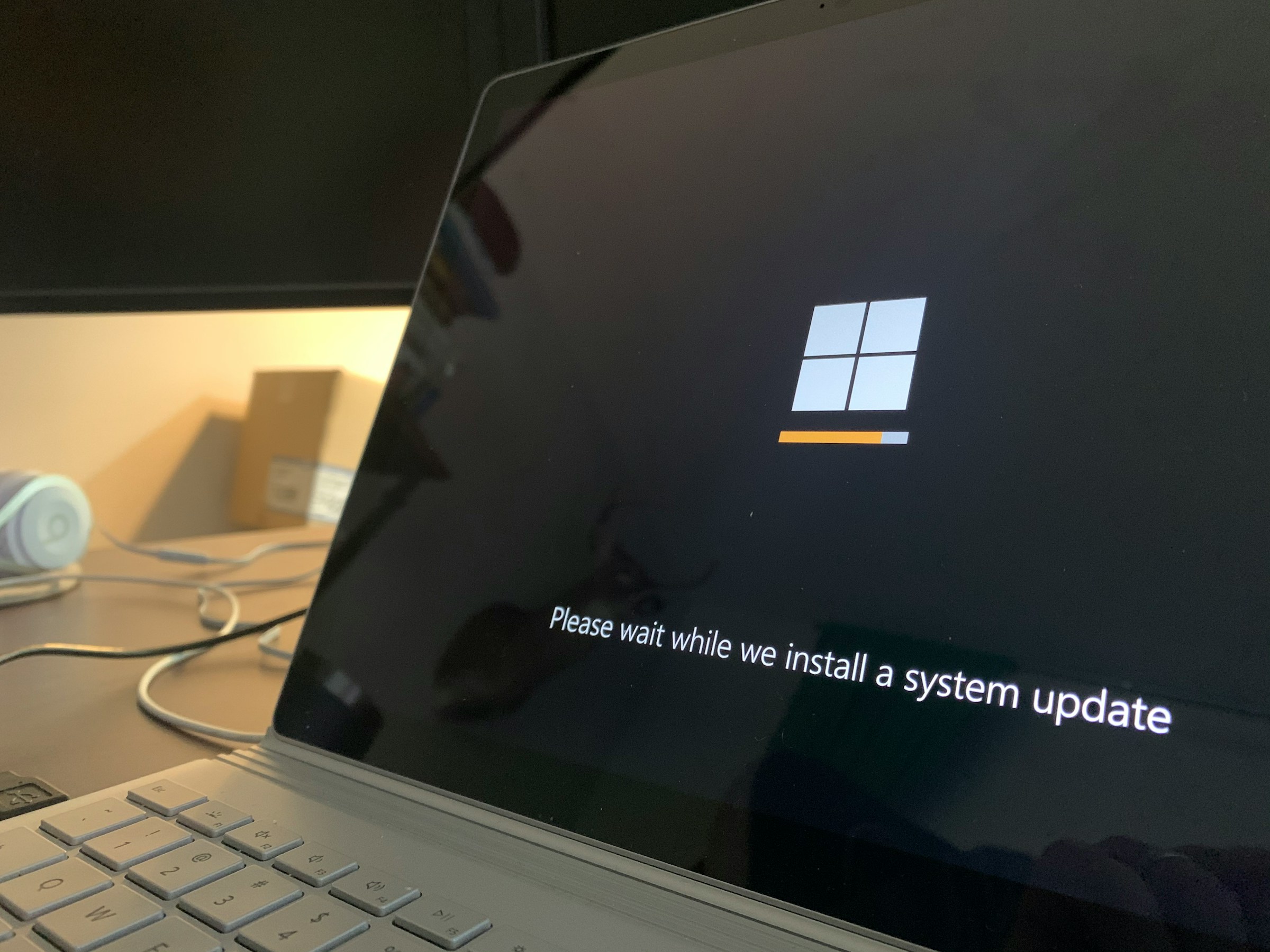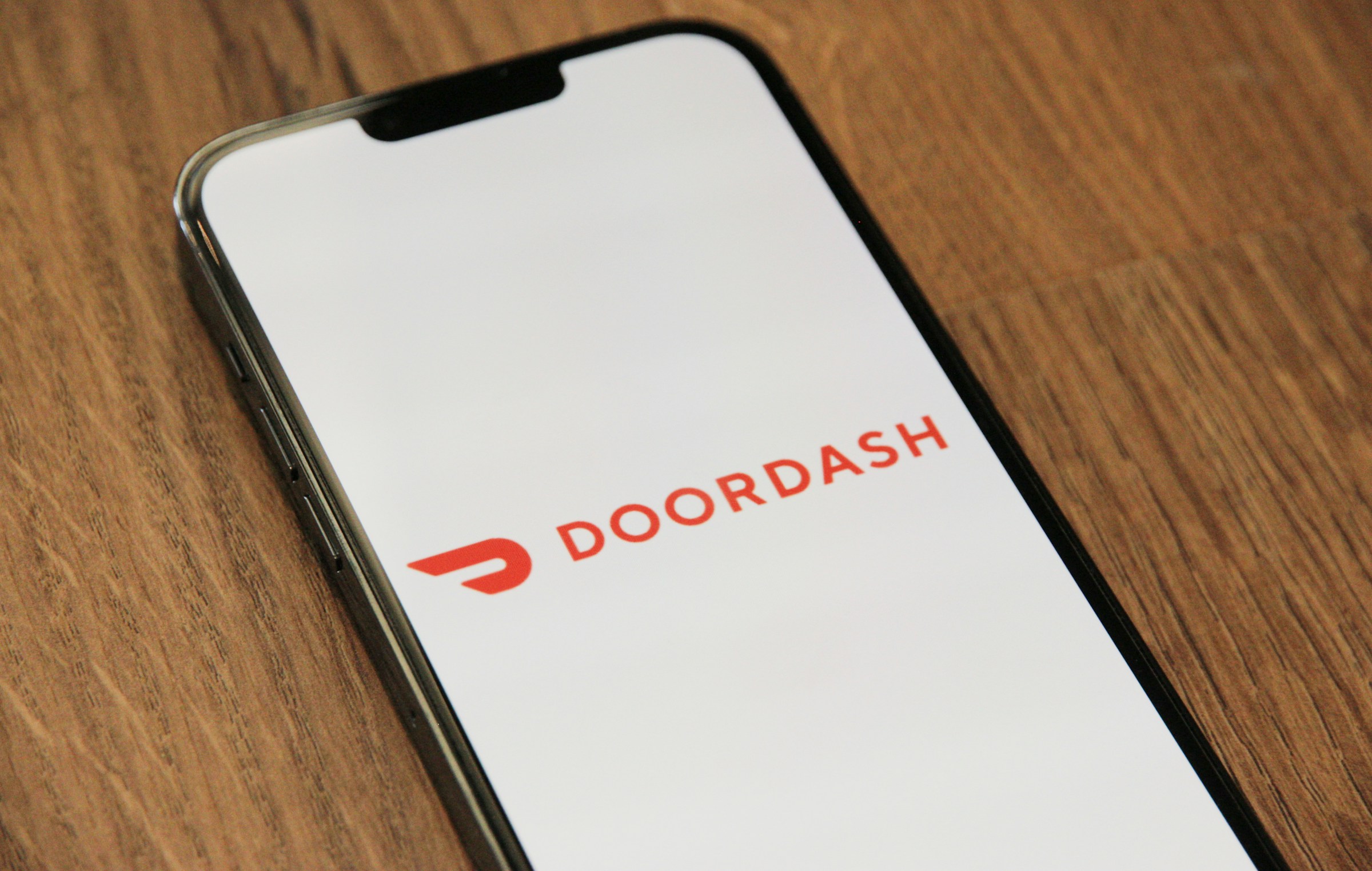Watch Out for This “Kidnapping” Scam

As technology advances, so are the tactics scammers use to pull of their schemes. The newest is as sinister as it is dangerous: faking a kidnapping to get you to send a ransom payment.
The scam goes like this: You receive a call from a trusted friend or family member—let’s say your caller ID shows “Mom.” Naturally, you answer the phone, only you don’t hear your family member on the other end, but a stranger. The stranger tells you they have kidnapped your family member, and demand a ransom. Maybe they ask for PayPal, or a deposit in a cryptocurrency wallet. Whatever the case, they put the pressure on you to send money, and to not call the police. Notably, the scammer won’t put your family member on the phone.
The thing is, the scammer hasn’t actually kidnapped your family member, nor are they calling from their phone. If you send them money, they’ll simply run off with it—if you call your family member back, they’ll answer with no knowledge of any “kidnapping” situation.
The scam relies on the fact that your caller ID shows a trusted contact on your phone. Without that, you wouldn’t believe it so easily. But if the call comes from “Mom,” doesn’t someone need “Mom’s” phone?
As it turns out, the answer is no. Through what’s known as spoofing, someone can impersonate the number of a person close to you, knowing that their contact card will pop up over caller ID. How they know this isn’t clear—perhaps the scammers knows you personally, or they’ve engaged in some social engineering to figure out which number is your close family member.
While some have gone so far as to change the names of certain contacts, to remove easily identifiable information, you don’t need to do that to protect yourself from this scam. In the future, if you are ever contacted by a close friend or family member, and you find yourself in this “kidnapping” situation, hang up, and call the contact back yourself.
Share This



